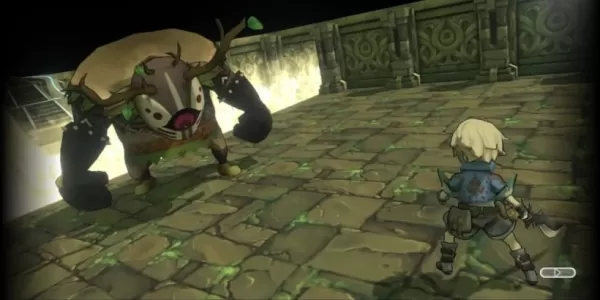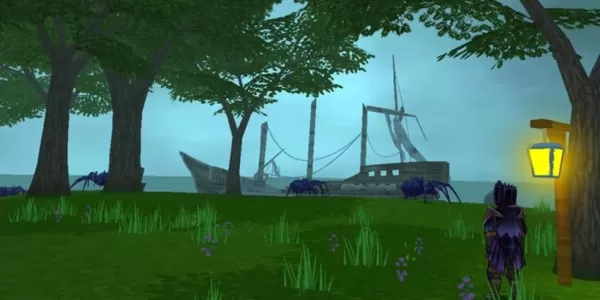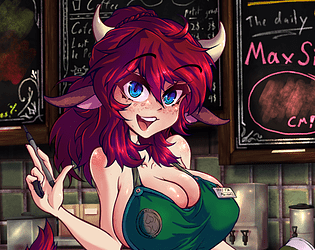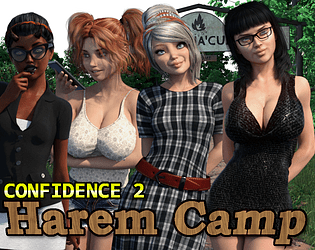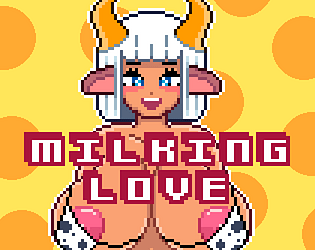
Horizon series actor Ashly Burch has publicly addressed the leaked AI-powered Aloy demonstration video, using the incident to highlight key concerns of striking voice actors.
The Controversial AI Demo
An internal Sony video surfaced last week featuring Horizon's protagonist Aloy interacting through AI-generated speech and facial animations. The clip showed Sony's software engineering director conducting a basic conversation with an artificial version of the character.
In the now-removed footage, the AI Aloy responded with noticeably robotic speech and unnatural facial expressions when questioned about her wellbeing. Notably, the character's voice wasn't Burch's performance, but rather a synthetic text-to-speech output.
PlayStation Character Face-Off Tournament


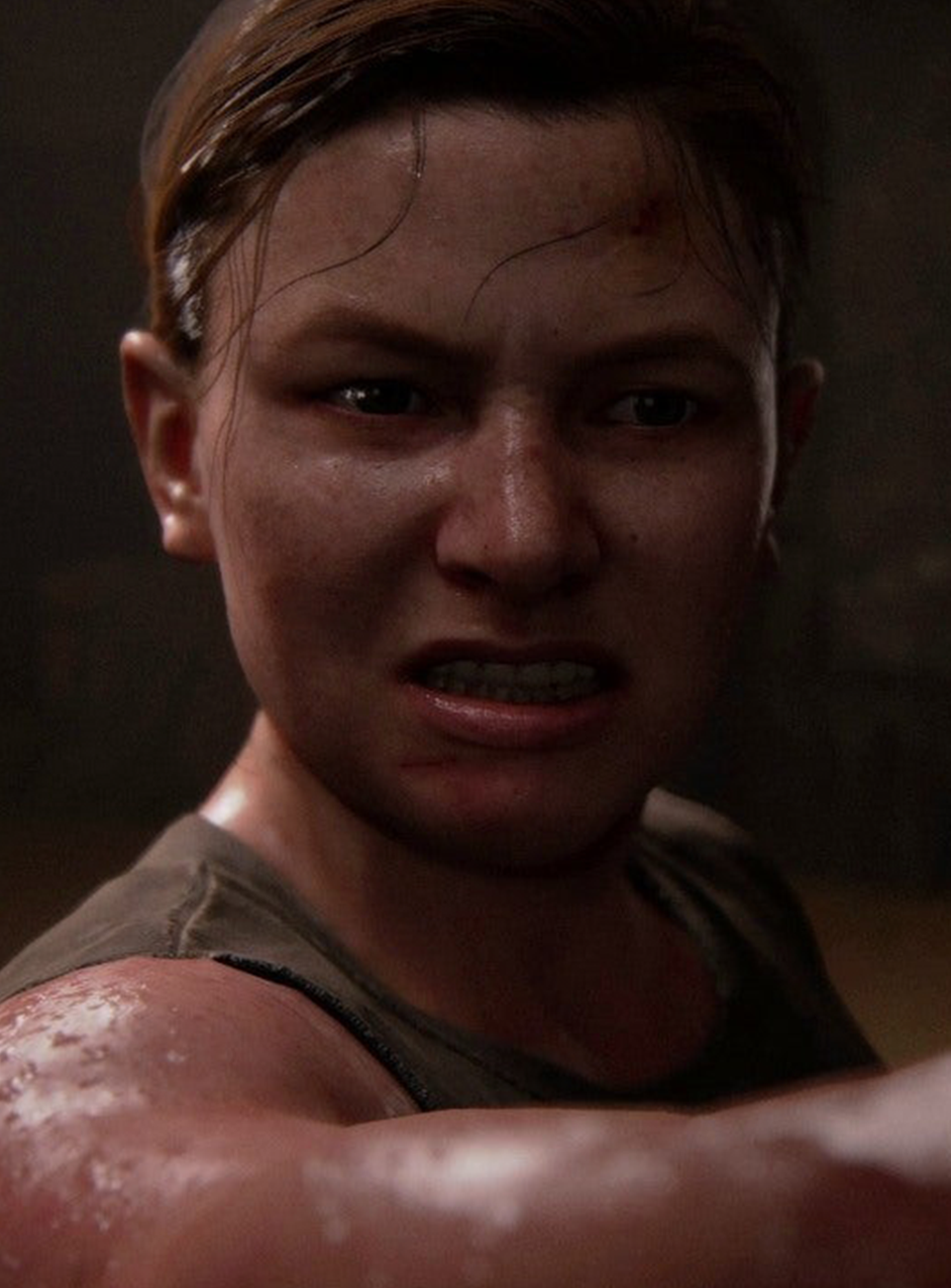
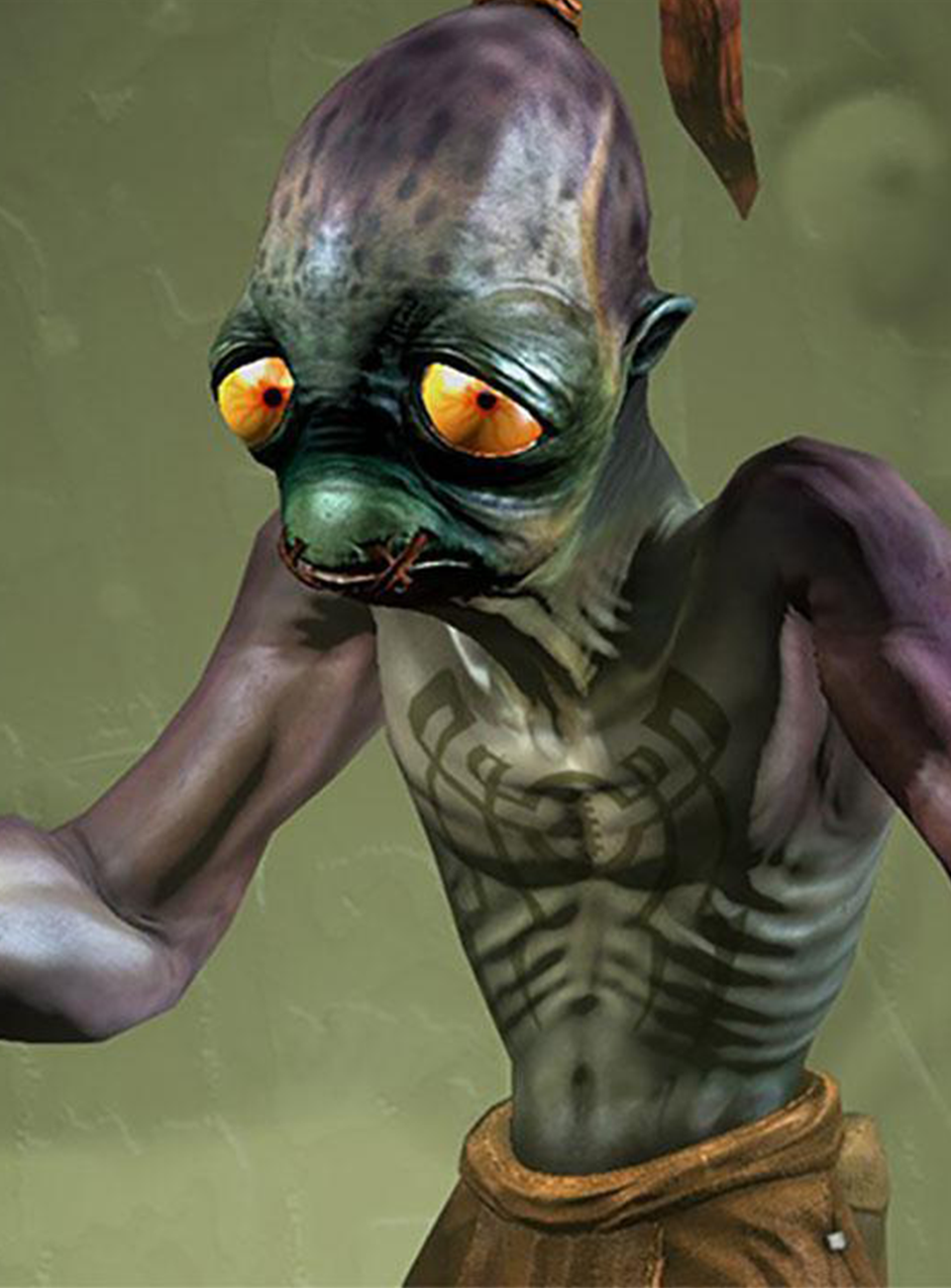
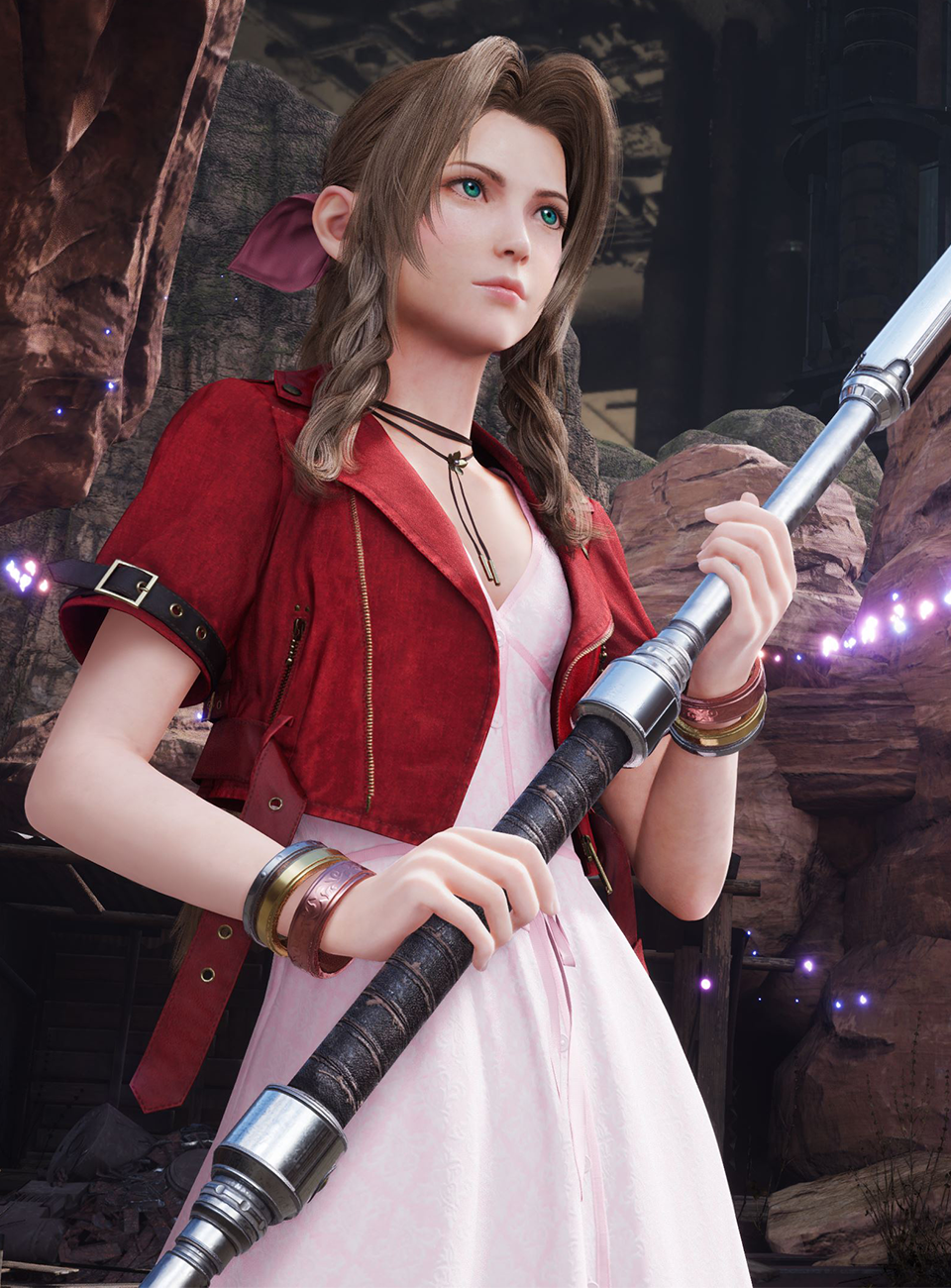
Burch's Response and Industry Concerns
The voice actor confirmed she viewed the controversial demo through a TikTok video, where she explained Guerrilla Games had assured her this wasn't reflective of active development. Burch emphasized that Sony legally owns the Aloy character rights.
While not personally affected by this specific demonstration, Burch expressed deep concern about AI's potential impact on performance art. She connected the incident to ongoing SAG-AFTRA negotiations over AI protections for voice actors, highlighting three crucial demands:
- Mandatory consent before creating digital replicas
- Fair compensation for AI usage
- Transparent disclosure of AI implementation
Ashly Burch's full TikTok response to the AI Aloy situation
Industry-Wide AI Tensions
The video game sector faces mounting controversies surrounding generative AI. While some studios continue experimenting with the technology - including Activision's recent Black Ops 6 disclosures - numerous implementations have drawn criticism from both creators and players.
The ongoing voice actors strike has already impacted several major titles, with reports of unvoiced NPCs in Destiny 2 and World of Warcraft. High-profile recasts, including in Call of Duty: Black Ops 6, have further highlighted industry tensions.
PlayStation executive Asad Qizilbash recently defended AI's role, suggesting younger generations expect more personalized interactions from game characters. However, many creative professionals remain concerned about protections for human performers.

